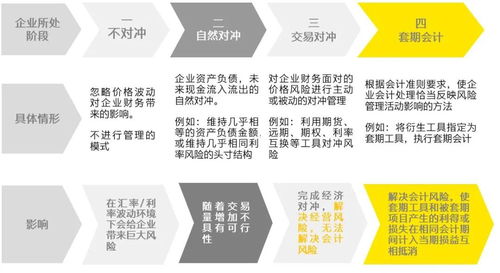The Journey of Growth:Understanding the English Translation of Child Development Stages
Introduction
The process of growth and development is a fascinating journey that every child embarks upon, filled with milestones, challenges, and achievements. Understanding this journey is crucial for parents, educators, and caregivers to support children effectively. In this article, we will explore the English translations of various terms and phrases related to child development, providing a comprehensive overview of the stages and concepts that are essential for anyone involved in育儿工作.
The Early Years: Infancy and Toddlerhood
1、Infancy (0-12 months): The period of infancy is marked by rapid growth and development. Babies go through several stages of development, including the newborn stage, where they are primarily focused on basic needs such as feeding and sleeping. As they grow, they begin to develop motor skills, such as rolling over, sitting up, and eventually crawling and walking.
2、Toddlerhood (12-36 months): Toddlers are in a phase of significant cognitive, emotional, and social development. They start to explore their environment more independently, learning to communicate through gestures and eventually words. This stage is also characterized by the development of autonomy, as toddlers begin to assert their independence and make choices.
The Preschool Years: Early Childhood
3、Early Childhood (3-5 years): During this stage, children's language skills, social skills, and cognitive abilities continue to expand. They start to engage in pretend play, which is a crucial aspect of their imaginative development. Preschoolers also begin to understand basic concepts of numbers, letters, and colors, laying the foundation for formal education.

4、Emotional and Social Development: Children in early childhood experience a range of emotions and learn to express them. They also start to form friendships and understand the concept of sharing and taking turns, which are essential for social interactions.
The School-Age Years: Middle Childhood
5、Middle Childhood (6-12 years): As children enter school, they face new challenges and opportunities for learning. This stage is characterized by the development of more complex cognitive skills, such as problem-solving and critical thinking. Children also begin to develop a sense of self and identity, as well as a deeper understanding of social norms and rules.
6、Academic Development: School-age children are expected to master basic academic skills, such as reading, writing, and arithmetic. They also learn about various subjects, including science, history, and geography, which broaden their knowledge and understanding of the world.
Adolescence: The Teenage Years
7、Adolescence (13-19 years): The teenage years are a time of significant physical, emotional, and social changes. Adolescents experience puberty, which brings about rapid growth and hormonal changes. They also begin to form their own beliefs and values, often questioning those of their parents and society.
8、Identity Development: A key aspect of adolescence is the development of a personal identity. Teenagers explore different roles and identities, trying to find their place in the world. This process can be both exciting and challenging, as they navigate the complexities of self-discovery.

9、Peer Influence: During adolescence, the influence of peers becomes more significant. Teenagers often seek the approval and acceptance of their peers, which can impact their decisions and behaviors.
The Transition to Adulthood
10、Emerging Adulthood (20-29 years): This stage is characterized by the transition from adolescence to adulthood. Emerging adults often face challenges such as finding a career, establishing independence, and forming long-term relationships. They continue to develop their identity and may experience a period of exploration and self-discovery.
11、Adult Development: As individuals enter adulthood, they continue to grow and change. They may experience career advancements, start families, and face new challenges and responsibilities. Adult development is a lifelong process, with individuals continually learning and adapting to new circumstances.
Conclusion
The journey of growth is a complex and dynamic process that unfolds over a lifetime. By understanding the English translations and concepts related to child development, parents, educators, and caregivers can better support children as they navigate each stage of their growth. It is essential to recognize that every child's journey is unique, and providing a nurturing and supportive environment can help them reach their full potential. As we continue to learn and grow alongside children, we can appreciate the beauty and complexity of human development and the incredible potential that lies within each individual.











